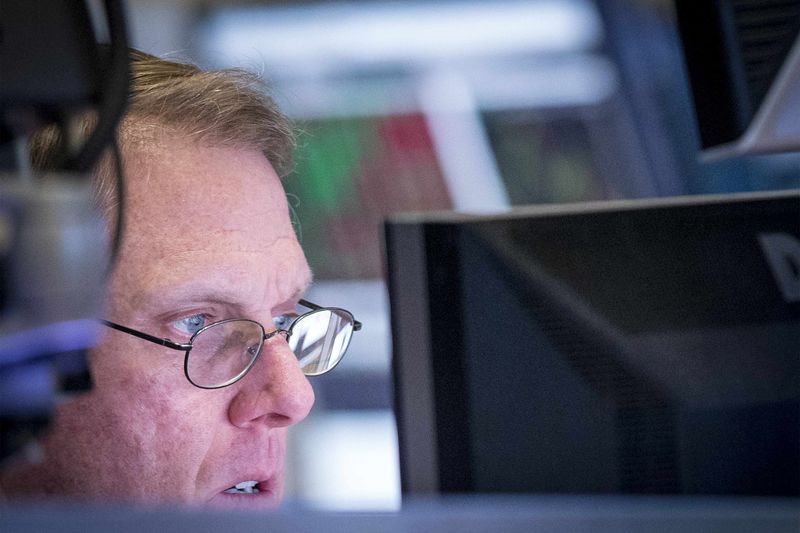(Reuters) - European clearing giant Clearstream has suspended processing new client instructions to convert or cancel their American and Global Depository Receipt holdings in Russian companies after the latest round of European Union sanctions against Moscow.
Investors globally are facing challenges in recovering stranded Russian investments in a saga that is spilling over to implicate Western depositories. Deutsche Bank (ETR:DBKGn) has told clients it can no longer guarantee full access to Russian stocks that belong to them.
"Clearstream Banking informs clients holding positions in ADR and GDR programmes with Russian underlying equities that the processing of new instructions to convert voluntarily or to cancel holdings has been suspended until further notice," Clearstream said in a statement.
Clearstream, which is part of Deutsche Boerse (ETR:DB1Gn), said it had interpreted amendments made by the EU, when formally adopting its 11th round of sanctions against Moscow on June 23, to mean that conversions which have not been authorised by the relevant competent authority were now prohibited.
"Accordingly, Clearstream Banking informs customers that it is seeking guidance from its competent authorities on the practical steps that must be followed to obtain authorisation," Clearstream said. "Instructions received after 23 June 2023 will be rejected."
Clearstream's suspension is another headache for investors looking for a way to exit Russia holdings.
In the first deal of its kind, Russian retailer Magnit is offering to buy back foreign investors' blocked shares at a 50% discount and has seen strong interest.
DRs are certificates issued by a bank representing shares in a foreign company traded on a local stock exchange. Investors need to swap their DRs for shares in order to be in a position to recover their money.
Clearstream previously halted DR conversions in June 2022, only to resume processing in October.
"The new rules quite strictly limit the conditions for the conversion of Russian securities for residents and citizens of the European Union," Grzegorz Drozdz, market analyst at investment company Conotoxia said.
"This seems to be another attempt to hit Russian oligarchs, who largely keep their assets in Europe."
